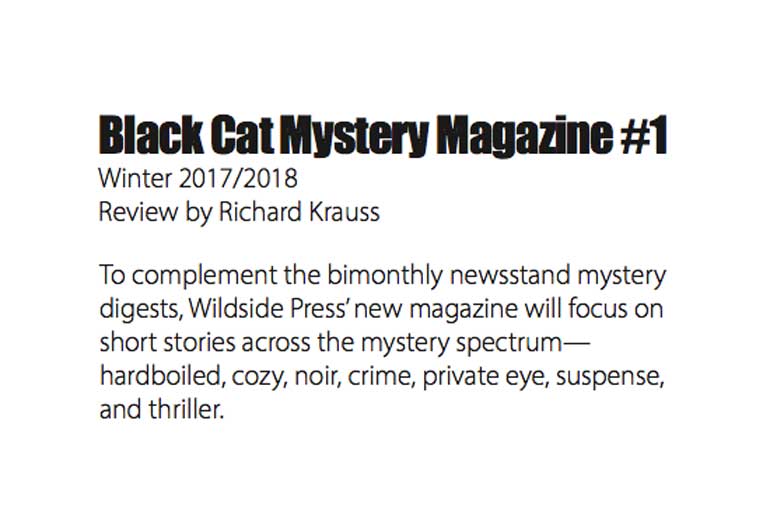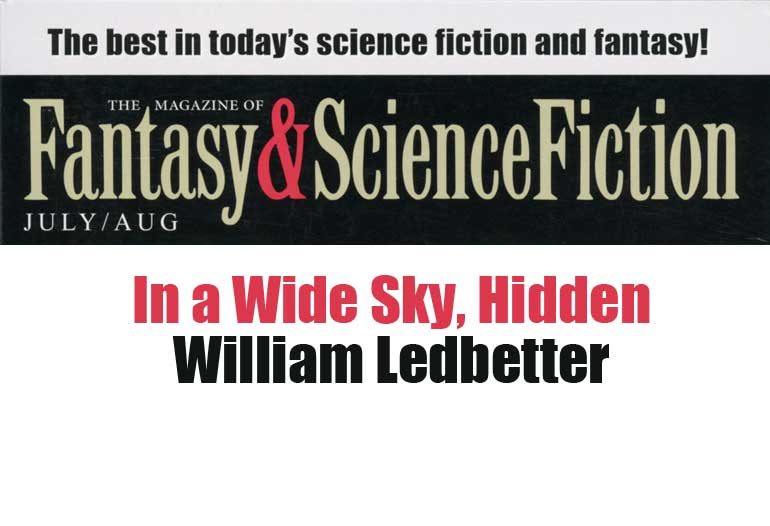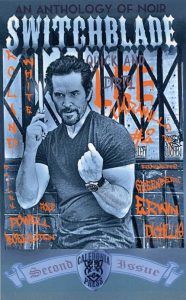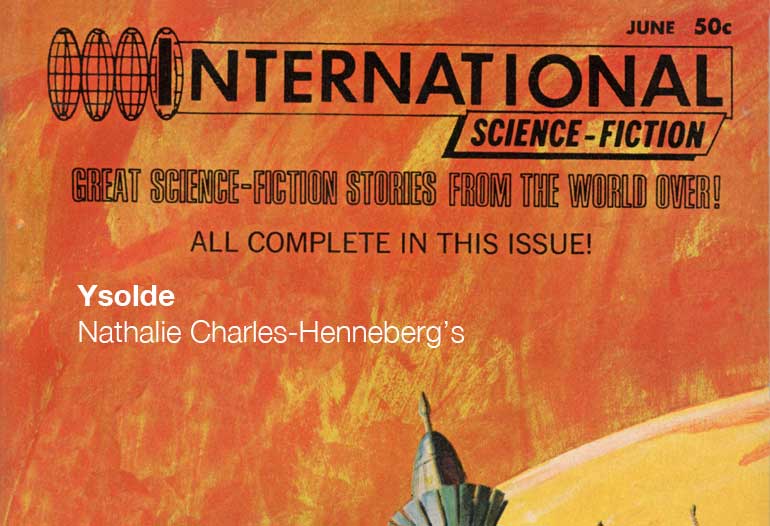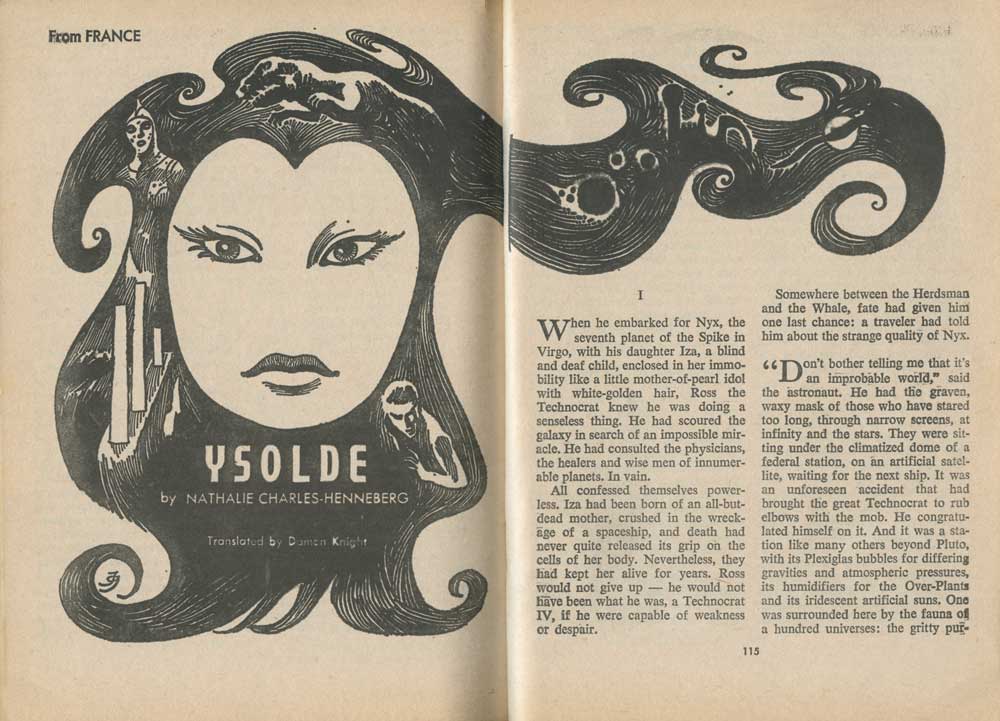 Bill Kelly’s introduction reveals that William H. Duhart wrote only two novels and a handful of short stories during his brief, impressive career as a crime fiction writer. This is a reprint of the first, originally published as Gold Medal 805 in 1958.
Bill Kelly’s introduction reveals that William H. Duhart wrote only two novels and a handful of short stories during his brief, impressive career as a crime fiction writer. This is a reprint of the first, originally published as Gold Medal 805 in 1958.
Although Duhart was Black, his protagonist, Tank Tabor, is White; it’s likely he had to be to sell the novel back in the late 1950s. Nevertheless, he include a sidekick of sorts, Jock Adams, a former black inmate, who Tabor met in stir. Jock is savvy, honest, and somewhat of an unsung hero without whose help Tabor probably wouldn’t have had as much success as he finally manages to squeeze out of the constricting circumstances he funnels himself into.
Tabor works for kingpin Arky Calahan who runs just about every criminal enterprise in Milwaukee. Calahan gives Tabor a few hours to dissuade his PI brother, Bill Tabor, to drop his investigation into the murder of a reporter who purportedly has damning evidence against Calahan. If Tank doesn’t get the job done quick, Bill is headed for the morgue.
Duhart weaves an intricate tale of tension, high-stakes gambles, and pounding action. His writing is crisp, delivered in a luscious, hardboiled rhythm that defines the time and place of the setting. Black Gat 41 is a prime opportunity to (re)discover a lost writer and a lost original crime classic. A perfect pay-off of the BG series charter.
Available for pre-order now. Due out in December 2022.







